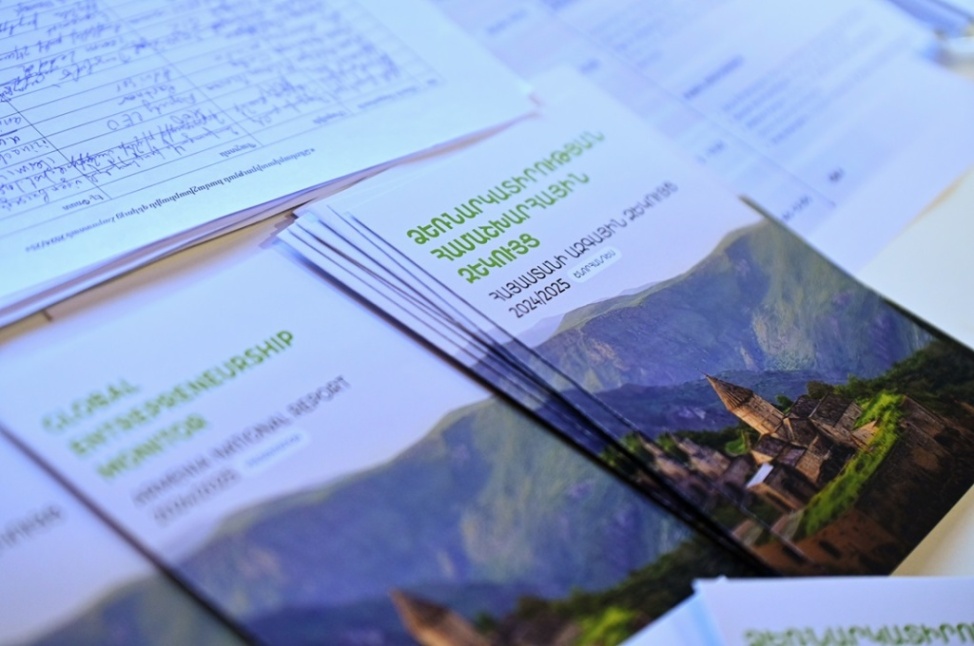OSCE Minsk Group co-chairs call upon sides to stop shooting and take measures to stabilize situation on ground
02.04.2016,
17:31
The Co-Chairs of the OSCE Minsk Group (Ambassadors Igor Popov of the Russian Federation, James Warlick of the United States of America, and Pierre Andrieu of France) expressed grave concern over the reported large-scale ceasefire violations that are taking place along the Line of Contact in the Nagorno-Karabakh conflict zone.

YEREVAN, April 2 /ARKA/. The Co-Chairs of the OSCE Minsk Group (Ambassadors Igor Popov of the Russian Federation, James Warlick of the United States of America, and Pierre Andrieu of France) expressed grave concern over the reported large-scale ceasefire violations that are taking place along the Line of Contact in the Nagorno-Karabakh conflict zone. 'We strongly condemn the use of force and regret the senseless loss of life, including civilians,' they said in a statement today.
The Co-Chairs called upon the sides to stop shooting and take all necessary measures to stabilize the situation on the ground. They reiterated also that there is no alternative to a peaceful negotiated solution of the conflict and that war is not an option.
Armenia's defence ministry said today that Azerbaijan on Friday night launched a massive attack along the Karabakh frontline using tanks, artillery, and helicopters. According to Nagorno-Karabakh defense army, they shot down two Azeri helicopters, three battle tanks, two drones and inflicted also "serious losses" on the enemy.
According to the latest reports from the frontline, heavy fighting is still underway.
The Nagorno-Karabakh conflict erupted into armed clashes after the collapse of the Soviet Union in the early 1990s as the predominantly Armenian-populated enclave of Azerbaijan sought to secede from Azerbaijan and declared its independence backed by a successful referendum. A truce was brokered by Russia in 1994, although no permanent peace agreement has been signed.
Since then, Nagorno-Karabakh and several adjacent regions have been under the control of Armenian forces of Karabakh. Nagorno-Karabakh is the longest-running post-Soviet era conflict and has continued to simmer despite the relative peace of the past two decades, with snipers causing tens of deaths a year. -0
The Co-Chairs called upon the sides to stop shooting and take all necessary measures to stabilize the situation on the ground. They reiterated also that there is no alternative to a peaceful negotiated solution of the conflict and that war is not an option.
Armenia's defence ministry said today that Azerbaijan on Friday night launched a massive attack along the Karabakh frontline using tanks, artillery, and helicopters. According to Nagorno-Karabakh defense army, they shot down two Azeri helicopters, three battle tanks, two drones and inflicted also "serious losses" on the enemy.
According to the latest reports from the frontline, heavy fighting is still underway.
The Nagorno-Karabakh conflict erupted into armed clashes after the collapse of the Soviet Union in the early 1990s as the predominantly Armenian-populated enclave of Azerbaijan sought to secede from Azerbaijan and declared its independence backed by a successful referendum. A truce was brokered by Russia in 1994, although no permanent peace agreement has been signed.
Since then, Nagorno-Karabakh and several adjacent regions have been under the control of Armenian forces of Karabakh. Nagorno-Karabakh is the longest-running post-Soviet era conflict and has continued to simmer despite the relative peace of the past two decades, with snipers causing tens of deaths a year. -0



